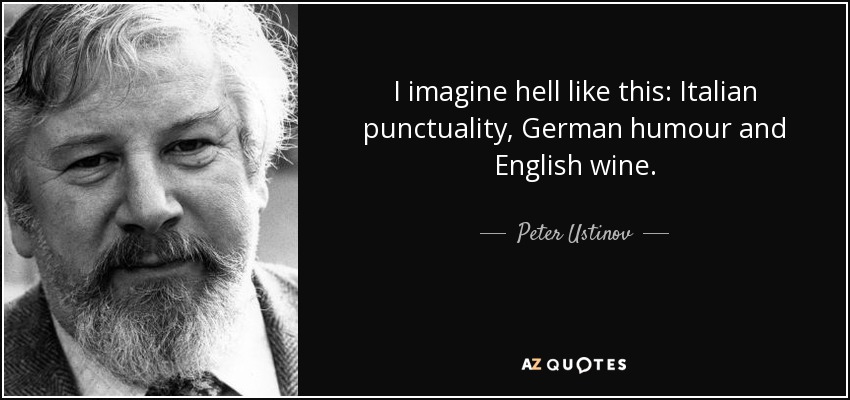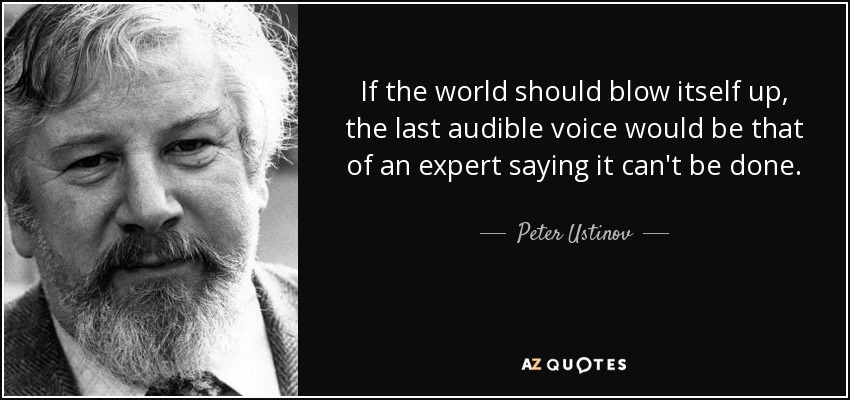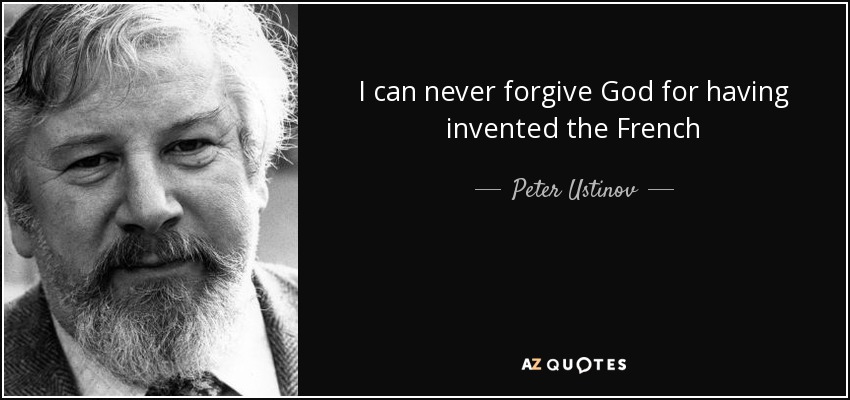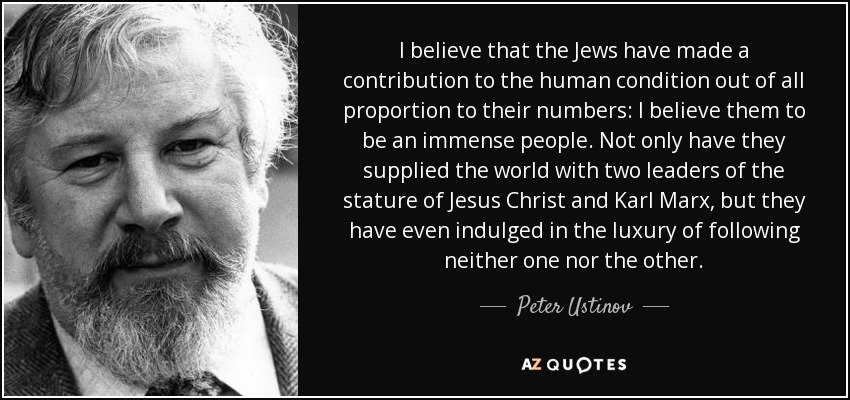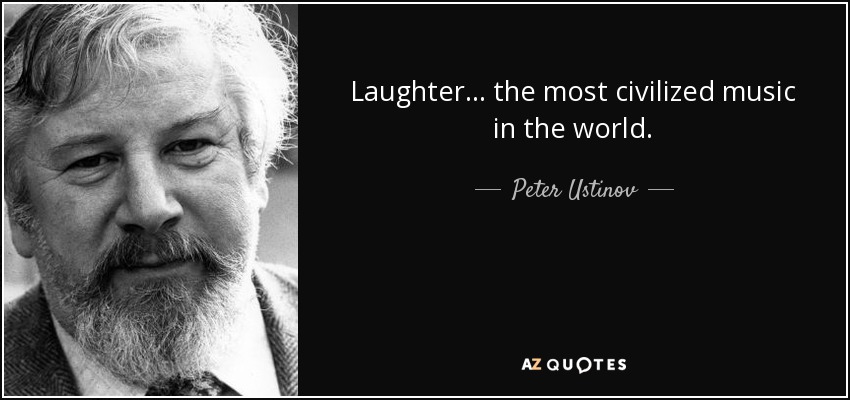
Iniciado por
Branagh/Doyle

La partitura de Dead Ringers de Shore tiene un 10 en MundoBSO, Naked Lunch un 8 y Crash un 7, El Silencio de los Corderos un 9... en general su obra está calificada con notas altísimas, muy raro de ver por parte de Conrado.
Pero yo os quería compartir el comentario del usuario Angel Gonzalez en la ficha de Dead Ringers, que me ha parecido muy acertado.
Howard Shore es uno de mis compositores de música aplicada favoritos. Sin duda será siempre recordado por las músicas para Lord of the rings, pero su abanico de músicas y estilos es muy reseñable. Aunque hubo un tiempo en que se le encasilló bastante con un tipo de música densa, opresiva, con unas orquestaciones claramente identificables (Silence of the lambs, The fly, Se7en, White single female, A kiss before dying, etc.) y evidentemente su nombre estaba muy ligado al canadiense David Cronenberg. Basta echar un vistazo a su filmografía para comprobar que Shore es mucho más que eso: es un todoterreno, especialmente desde que se le brindaron oportunidades. No obstante mi debilidad es la relación musical con el director canadiense y especialmente por dos motivos: su química y su audacia.
Junto a Cronenberg han formado y forman un tándem (creo que) excepcional, especialmente sobre cómo conciben cada obra. Podrá discutirse si sería mejor una opción u otra, e incluso podremos diferir altamente respecto a la valoración que se haga de unas u otras, pero mi opinión es que siempre han buscado que la música cumpla un papel claro y significativo.
Esta reseña aparece en Dead ringers, porque la considero el punto más álgido de un período especialmente fecundo de ambos, donde la audacia de la que antes hablaba, pienso que se muestra de forma muy nítida, pero en realidad hablaré brevemente de varias de sus obras. Cronenberg es alguien que recurrentemente escarba en la psique humana, en el límite entre la enfermedad y la cordura llevada más allá de lo habitual (el “edge of sanity”).
Cronenberg va un paso más allá y a través de la fantasía somatizaba muchos de esos problemas y los convertía en situaciones pesadillescas, de modo que brindaba al público una metáfora de esos dilemas psicológicos o patologíasmentales. Y Shore es su perfecto compañero de viaje, no solo por ser capaz de brindar esas atmósferas densas (capaces de transmitir que “algo está sucediendo en la cabeza de los personajes”), sino también por aportar información absolutamente útil a las películas.
Especialmente desde The fly hasta Spider, pasando por Dead ringers, Naked lunch, Crash o eXistenZ se aborda lo que antes comentaba. Pero el acercamiento musical de Shore es diferente en todas ellas. Podría haber tomado una senda similar, pero audazmente, con su enfoque musical, aporta información muy útil para saber que estamos moviéndonos en temáticas diferentes (aunque si no se profundiza un poco se pueda pensar que no). La composición para Spider, por ejemplo, en el primer visionado me pareció floja, pero luego pensé en ese piano que deambula –desordenadamente al inicio, buscando su sitio, como el personaje- sobre las cuerdas, las cuales tejen una especie de telaraña invisible, muy íntima, del protagonista y su esquizofrenia. Y me parece brillante esa idea.
En Naked lunch el compositor se une a Ornette Coleman, un pionero del free jazz, para intentar reflejar a William Burroughs (ojo, no Edgar Rice), cuyo estilo especialmente transgresor queda patente en la novela homónima. Pero en realidad la película no es estrictamente una adaptación de la novela, sino que intenta recrear el universo Burroughs. Uno de los carteles originales creo que indicaba “Abandonar toda lógica” y Shore se alía con Coleman para brindar una partitura apabullante, transgresora, capaz de plasmar la libertad formal en la escritura de Burroughs, los problemas derivados de su adicción a la heroína (y creo que muchas otras sustancias, según parece), y como afecta eso a su proceso creativo. Nuevamente, un concepto audaz, inventivo, estéticamente original, pero sustantivamente importante a efectos de transmitir al público lo que realmente se quería transmitir.
Pero ya hablando de Dead ringers, la química y audacia del tándem llega –en mi opinión- a la máxima expresión en los títulos de crédito iniciales. La escucha aislada del tema compuesto por Shore en sí no nos dice nada más que es un tema sencillo, delicado, con un aire de inocencia y cierta reminiscencia a la infancia. Pero su efecto solo es entendible con las imágenes que se suceden. Sin la música del compositor las imágenes sucesivas y el rojo profundo de fondo nos llevaría fácilmente a pensar en una cinta de horror. La combinación de música e imagen ofrece un contrapunto excepcional, generando sensaciones opuestas pero –y esto es lo más importante- ofreciendo información esencial del argumento de la película.
Podremos saber a qué se dedican los dos protagonistas, sus aficiones, e incluso el vínculo desde la infancia existente entre ambos, pero que los llevará por personalidades y transtornos diversos (narcisismo, esquizofrenia paranoide … eso dicen quien parece saber más de este tema). Y una pregunta en el tintero gracias a esa dualidad de la música: ¿los gemelos protagonizados por un inmenso Jeremy Irons son dos o simplemente es una nueva metáfora de transtorno mental somatizado al extremo (en este caso de doble personalidad), al estilo Cronenberg, pero mucho más sutil? Impresionante.
Cuando los créditos iniciales finalizan ya será papel de la música ir transitando en el proceso que va a ir experimentando la relación entre los hermanos, y la progresiva desintegración de sus esquemas y rutinas, agravadas por la toxicomanía, hasta el desenlace. Al final reaparecerá el tema principal en los créditos finales, a modo de expiación, recordando la inocencia del inicio, que nunca pudo abrirse paso.
Seguramente solo Shore y Cronenberg saben exactamente las intenciones en sus colaboraciones, así que esto no es más que una simple opinión personal más o menos razonada. Gracias a ellos y saludos a tod@s.
 ¡Bienvenido a mundodvd! Regístrate ahora y accede a todos los contenidos de la web. El registro es totalmente gratuito y obtendrás muchas ventajas.
¡Bienvenido a mundodvd! Regístrate ahora y accede a todos los contenidos de la web. El registro es totalmente gratuito y obtendrás muchas ventajas.


 LinkBack URL
LinkBack URL About LinkBacks
About LinkBacks

 Citar
Citar

 Solo la banda sonora de Order of Ecclesia por si sola anda carísima.
Solo la banda sonora de Order of Ecclesia por si sola anda carísima. 
 . Se les quería mucho en el mundillo. Gente muy agradable.
. Se les quería mucho en el mundillo. Gente muy agradable. 